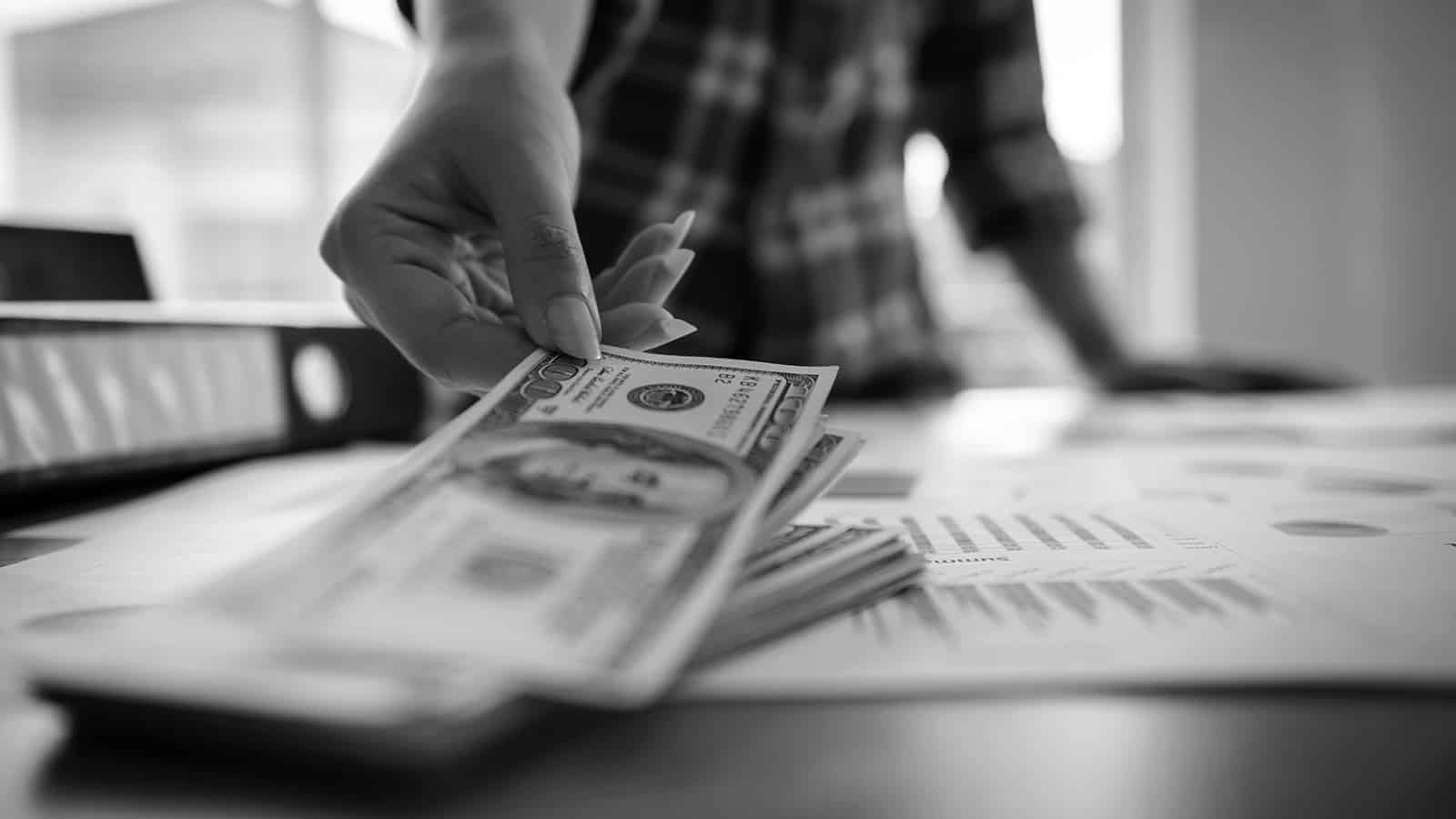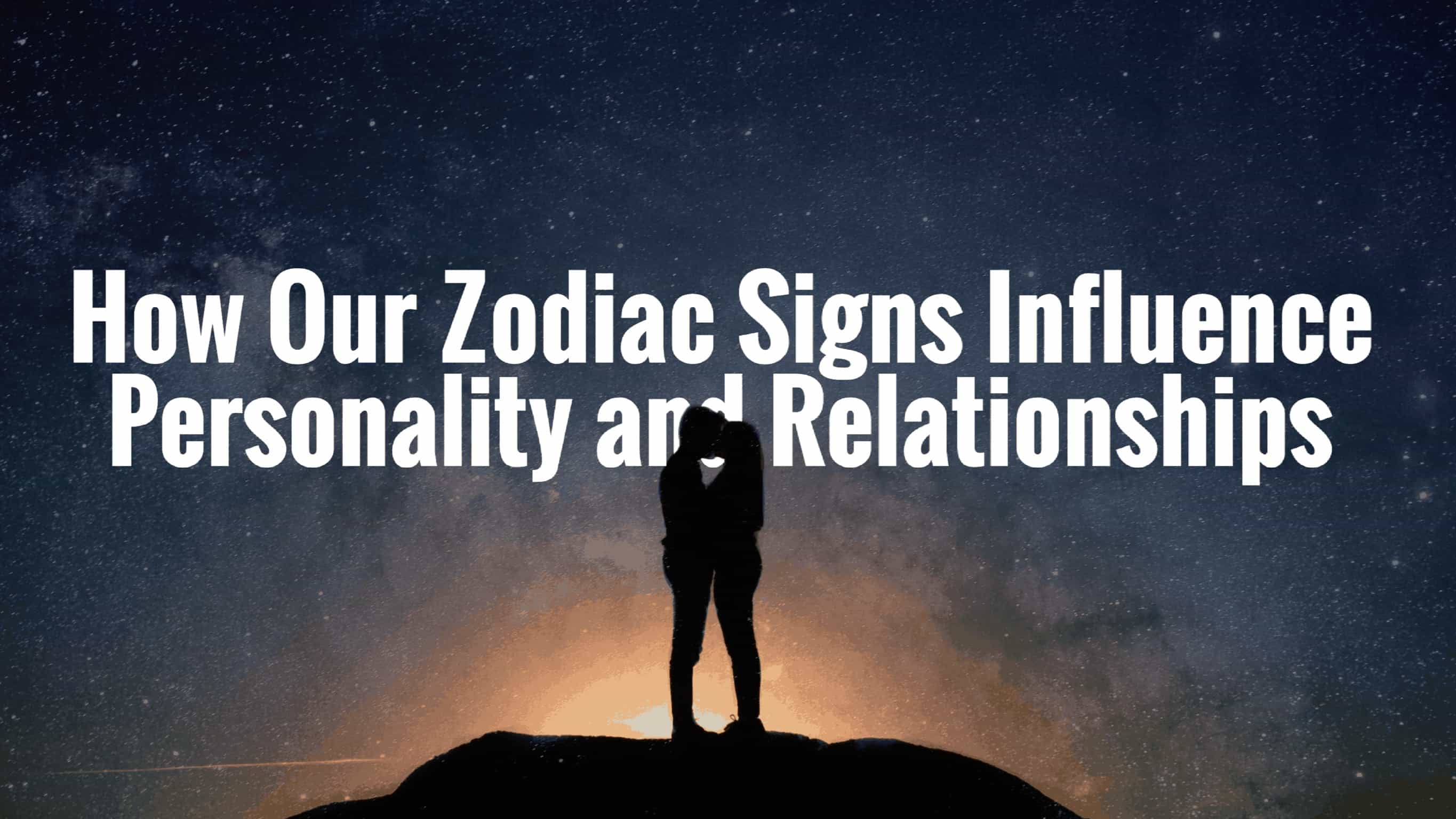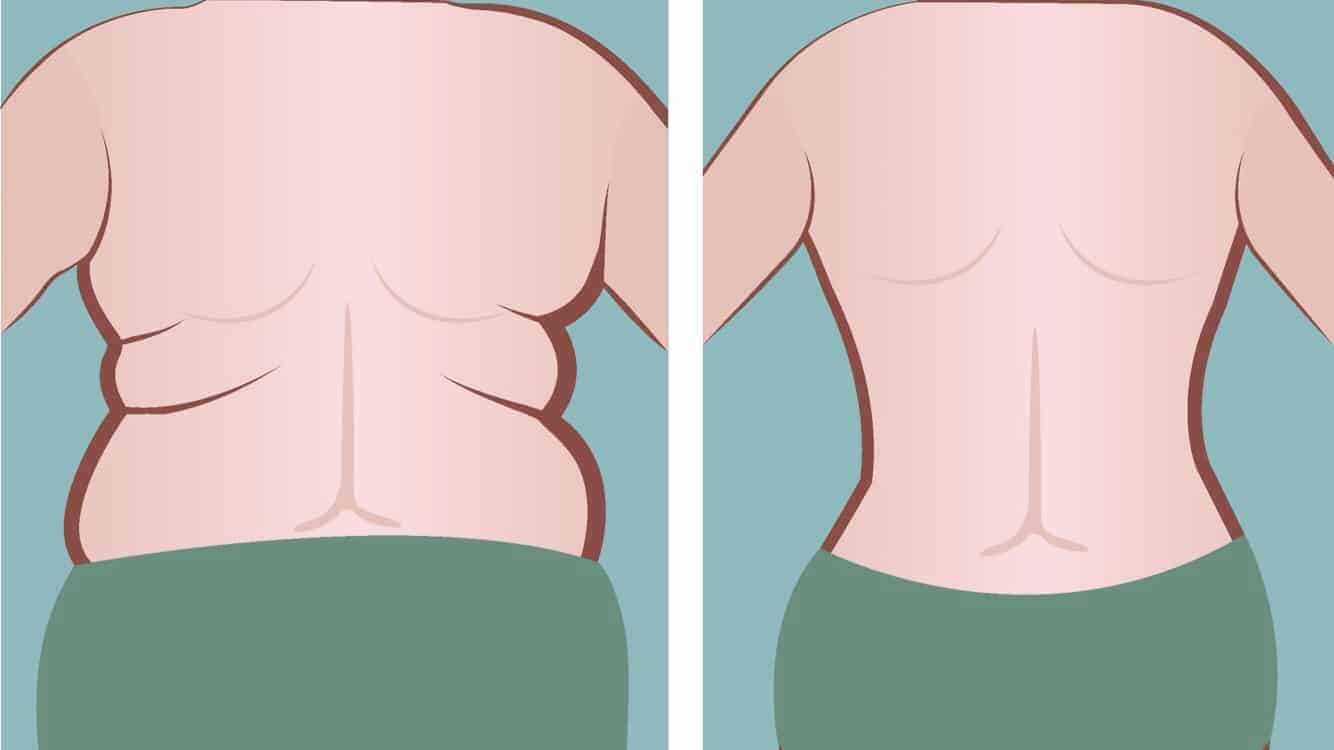The world revolves around money, and as the saying goes, it can be the root of all evil. But the reality is this–you need cash to survive in the world. Have you ever considered what your money habits say about you?
Your relationship with money is everything, as it can make or break you. Many people choose to live frugally out of necessity and not because they need to. These folks have probably encountered financial road bumps that made them adopt this lifestyle.
Other people spend every dime they have and can’t wait till the next paycheck comes. These folks have no problem getting cash advances to get them through. In most instances, these folks are frivolous spenders who live for the moment and have no forethought for tomorrow.
Should their car break down or have an electric bill higher than what they budgeted, it can cause everything to crumble. When it comes to money, there will be peaks and valleys. However, the financial valleys teach you the most significant lessons.
Saving for a rainy day is a foreign concept to many teens and young adults. However, fast forward a few years, and many forty- to fifty-year-old people have a reserve and a strong command over their money. You learn as you grow, and maturity and wisdom apply to your funds and other aspects of life.
When things out of your control happen, like a job loss, you learn that saving is imperative for survival. Just because something is right doesn’t make it accessible, and many people struggle with maintaining a budget and good savings plan.
Five Things Your Money Habits Reveal About Your Life
People who went through the Great Depression often learned to live with less. Many of these individuals would hoard things as they knew what it took to survive. According to an article from American History, the financial chaos of the world altered the way people looked at money.
The unemployment rate was above 15 percent, and food was rationed. They would make things like depression bread and water pies to feed their families. You can’t go through such a storm and come out on the other side unscathed.
Now, you’ve never been through something as horrific as the Great Depression, but you’ve been through a pandemic and other upheavals in your personal life. Your money habits say a lot about you as a person. Just like those who went through extreme poverty back in the 1920-1930s, here are some things you can observe by your money habits.
Bad Money Habit #1 – You’re an Emotional Spender
If you have little to no reserves and live paycheck-to-paycheck, it may be because you’re an emotional spender. These folks shop when their emotions are out of whack, and they feel that buying something will help ease the pain. They run up credit card debts and make elaborate purchases they don’t need to feel better.
The emotional spender uses spending to cope with their anxiety or grief. It’s a dangerous habit because it’s just as addictive as any drug on the streets. Debt can leave you destitute, and you can end up bankrupt.
This individual hasn’t learned the responsibility of money, and they make frivolous purchases and decisions today that affect their tomorrow. Though you won’t find it in the DSM-5, it’s always been a significant condition. According to Psych Guides, many folks become addicted to the feeling they have in their brain when shopping.
It’s a high that curbs the compulsive need. These people spend more money than they have, buy things they don’t need, and they’re always looking for a great deal. It’s similar to hoarding disorder, and it’s an anxiety-based condition.
Bad Money Habit #2 – Fears Control You
Are you afraid to spend a dime? Do you hoard and stash your cash, always waiting for the sky to fall around you? You may have been through some significant financial turmoil in your life, much like the people of the Great Depression.
Your funds are a top priority because you’re afraid to lose your security. If someone asks you about your financial status, you’ll probably tell them you’re broke, even though that’s not the truth. You could have $50,000 in the bank and still see it as less than sufficient.
It’s not that you’re being dishonest, but you see this as not nearly enough funds to protect you. This person may qualify for a show like TLC’s Extreme Cheapskates, where they rewash baggies and do other radical behaviors to keep from spending a dime.
Bad Money Habit #3 – You’re Jealous
A jealous person feels they need to keep up with the affluent folks. Whether you have the cash to do so or not, your money habits show that you try. You will often overextend yourself to buy that car that makes you look like you have more money than you do.
It’s all about putting on a show and trying to keep up, but the problem is that there’s never a point when you’ve arrived. You will forever be chasing a costly position and can destroy your finances. However, most of these people wake up and realize that it’s a foolish way to live, as you should learn to be happy with what you have and live in gratitude.
Bad Money Habit #4 – You Believe in Rewarding Yourself
Some people thrive on pampering themselves, and it’s okay if you can afford it. Your money habits might reveal that you’re someone who must be constantly rewarded to keep going. Maybe you feel that coffee from home isn’t as good as the local donut shop, so you stop there every day for a $6 latte.
You love big vacations, fancy cars, and clothes that make you look like a million dollars. If you look into your money habits, you will see a person who lives to please themselves. This doesn’t mean that you’re not financially responsible, but it shows you love spending money to make yourself feel better.

Bad Money Habit #5 – Lack of Spiritual Maturity
You might think it’s odd to talk about money habits and spiritual maturity within the same topic. However, why do people make all these grand plans and do things without consulting the Universe first? You make these choices, and then you get yourself in a pickle, and you’re suspicious of praying for help, as you knew better in the first place.
Everyone has a plan for their life, which involves a God-given purpose. While you don’t have to pray about every little purchase you make, you should certainly look to the heavens for help on significant acquisitions. Things like buying a home or automobile and other financial endeavors should be discussed with your spirit guides.
The Universe has a plan for your life, but you often get antsy and want a quick-fix or take matters into your own hands. You’re impatient and don’t trust that things work for your good. When you have spiritual maturity, you learn to pray, and the door before you may open or close.
If the door closes, you shouldn’t try to reopen it, as disaster waits on the other side. Someone very wise with their investments is likely an individual who has learned to get the help of God along their path.
Stop Wasting Your Cash by Breaking These Five Bad Money Habits
Are you ready to make some changes in your spending? Most people have a budget, but you still make frivolous purchases every day. This is money that can go into a savings account.
1. Bottled Water (One of the bad money habits, also bad for the environment!)
Why pay over $1.00 a bottle when you can filter your water at home? You can save considerably by avoiding pre-packaged water. Not only will you save some cash, but you will also be a more responsible steward of the earth.
2. Gourmet Coffee
Coffee houses specialize in creating enticing drinks, and they overprice them. Why not invest in a coffee pot and brew your java at home?
3. ATM Fees
Using ATMs not in your bank’s network can be costly. You’ll get a fee from the machine and maybe an additional charge from your bank. Why not prepare for the week and have the cash you need on hand?
4. Eating Out
It’s okay to eat out on occasion, but it’s costly. Your money will go much further when you eat at home, plus it’s a whole lot healthier too.
5. Books and Newspapers
Few people will read a book or newspaper more than once. Since everything is online now, you can save a great deal by reading them on your smartphone.
Final Thoughts on Money Habits and How They Affect Your Life
Your money habits require responsibility and someone who will be diligent about maintaining savings. Many people can’t keep their finances in line, so they get the help of an adviser. If you’ve got a partner with more money sense than you, it might be advisable to have them handle things.
Sit down with your spending from the past three months in hand. What patterns do you see, and what things can you change for the better? Going through your finances can be an eye-opening experience that can help put you on the right path.



















